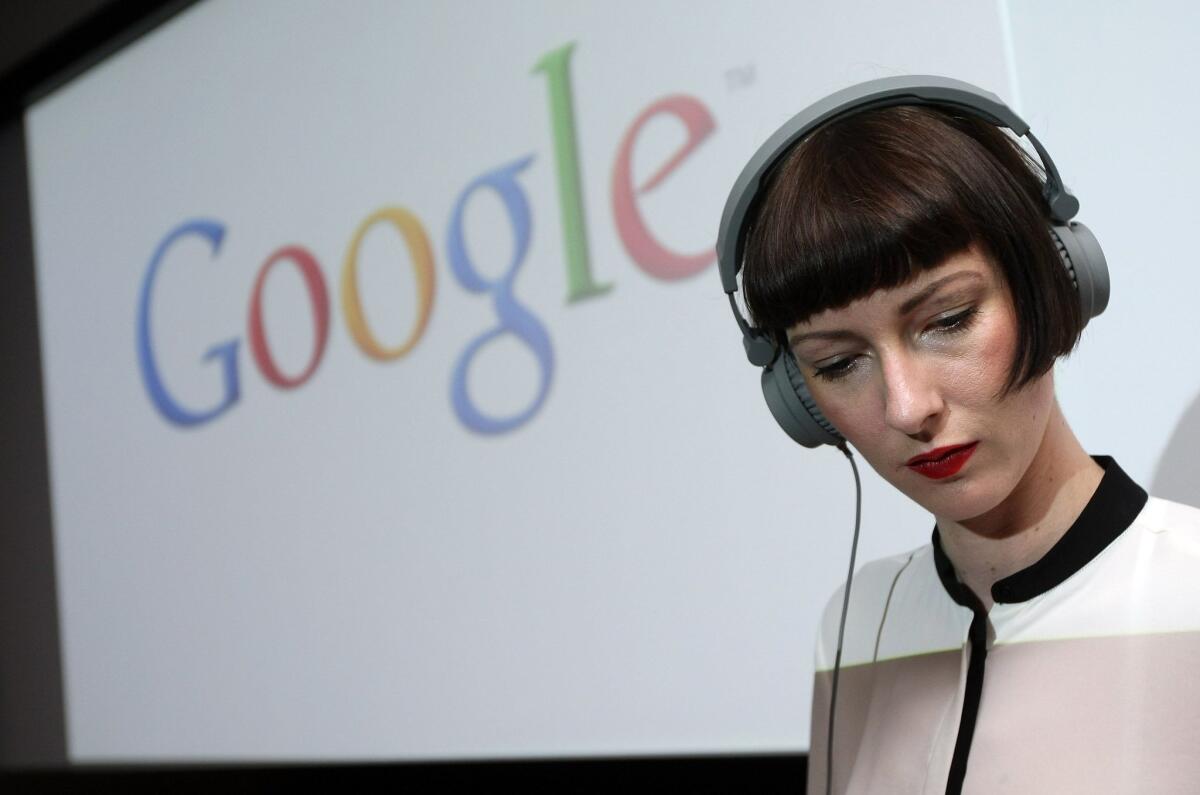Q&A:: Why Google’s got big problems in Europe

The
Google has run afoul of the European Union, with regulators on Wednesday accusing the company of antitrust violations. Although consumers won’t see any changes for a long time, if at all, the allegations target two of the biggest parts of Google’s business: its search engine and Android operating system.
What happened?
EU regulators have filed an official Statement of Objections on Google’s comparison shopping services, alleging that the Mountain View, Calif., tech giant abused its search-engine dominance by promoting its own comparison shopping services over those of its rivals. The probe’s preliminary conclusion is that Google displays products offered through Google Shopping more prominently than those from other websites, hurting their ability to compete.
How long has this been going on?
The commission began investigating Google’s search engine practices in 2010 after complaints from competitors that the company was favoring its own services in search results.
What’s next?
Google has 10 weeks to respond to the findings and could settle the allegations with European officials. Ultimately, it may have to “change the way it does business in Europe,” said Margrethe Vestager, the European Commission’s competition commissioner.
What else?
Separately, the EU’s antitrust chief announced the opening of a formal investigation into the company’s Android operating system, which is the No. 1 mobile device OS in the world. The investigation will look at whether Google illegally hindered the development of rival software and products by requiring or providing incentives for device makers to exclusively pre-install Google’s own applications or services.
Regulators also will look at whether Google used its dominance to prevent manufacturers who want to install company products on their devices from developing competing versions of Android.
What about the U.S.?
The EU allegations don’t affect the U.S., which is generally more lenient with the business practices of technology companies. That being said, the Federal Trade Commission did look into similar allegations two years ago but didn’t take action against Google.
Has Google responded?
Amit Singhal, senior vice president for Google Search, said company officials “respectfully but strongly disagree” with the accusations “and look forward to making our case over the weeks ahead.”
“Allegations of harm, for consumers and competitors, have proved to be wide of the mark,” Singhal said in a blog post.
Of the Android allegations, Hiroshi Lockheimer, vice president of engineering for Android, said in a blog post that “there are far fewer Google apps pre-installed on Android phones than Apple apps on iOS devices.”
“The European Commission has asked questions about our partner agreements,” he said. “It’s important to remember that these are voluntary -- again, you can use Android without Google -- but provide real benefits to Android users, developers and the broader ecosystem.”
Also on Wednesday, Google uploaded a blog post, titled “The Search for Harm,” that included data to show that it does not hamper competition.
Follow Andrea Chang on Twitter.







